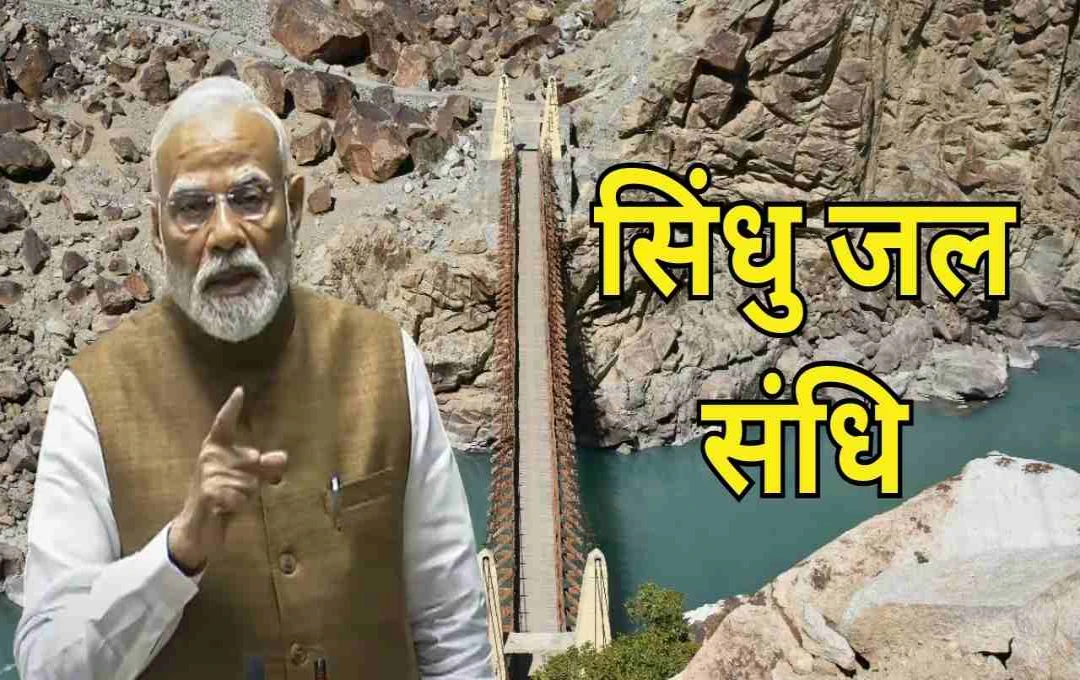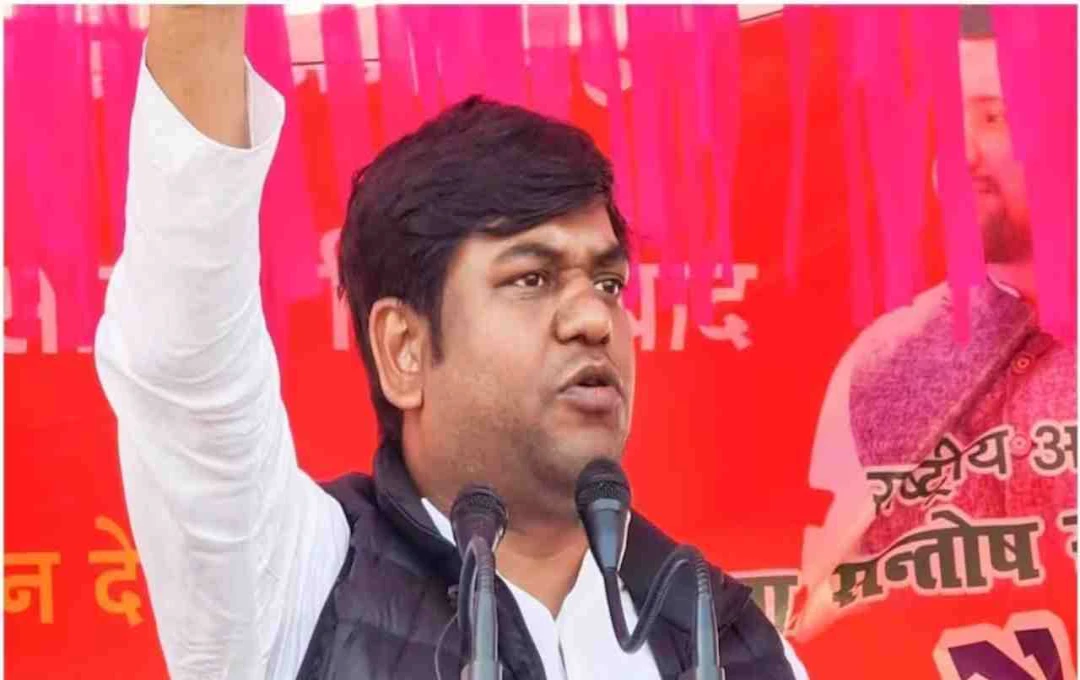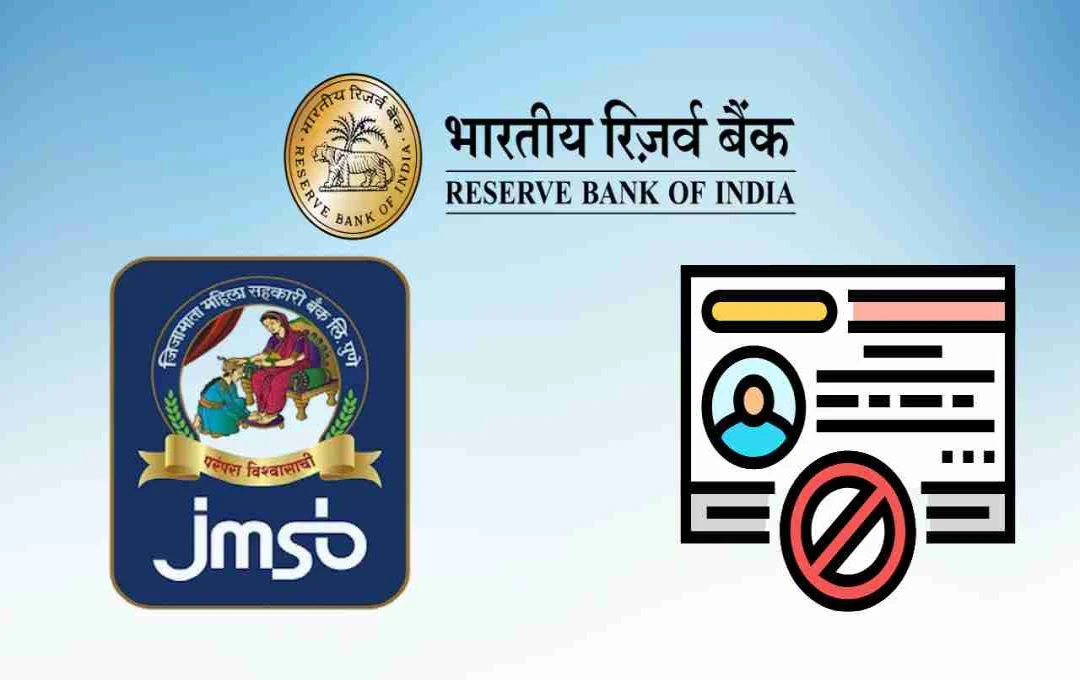The Government of India has recently taken a historic and bold step by indefinitely suspending the Indus Waters Treaty. Prime Minister Narendra Modi has clearly stated that terrorism and talks cannot go hand in hand; water and blood cannot flow together.
New Delhi: In India, the monsoon is not merely a symbol of seasonal change, but also a message of life, energy, and new opportunities. Its rainfall revitalizes rivers, strengthens water resources, and accelerates the nation's economic activities, from agriculture to industry. When this season coincides with a national festival like Independence Day, its significance is further amplified.
The spirit of patriotism, innovation, and the energy of renewal combine to create a positive environment. The Prime Minister's address from the ramparts of the Red Fort further intensifies this atmosphere, in which he presents a clear roadmap of the citizens' aspirations and the government's commitments towards a developed India.
Special Monsoon Session of Parliament and the Government's Perspective
In India, the monsoon is not just a rainy season but is considered a symbol of life, energy, and prosperity. It revitalizes rivers and expands water resources. When this season coincides with the celebration of Independence Day, it generates a new sense of patriotism. The Prime Minister's speech from the Red Fort not only directs the aspirations of the citizens but also presents the outline of "Developed India @2047."
At the beginning of the special monsoon session of Parliament, the Prime Minister described it as a session of India's pride. During this, he mentioned the bravery of Indian soldiers, the success of Operation Sindoor, and decisive action against Pakistan-sponsored terrorism. Simultaneously, the decision to suspend the Indus Waters Treaty was described as a symbol of India's b will.
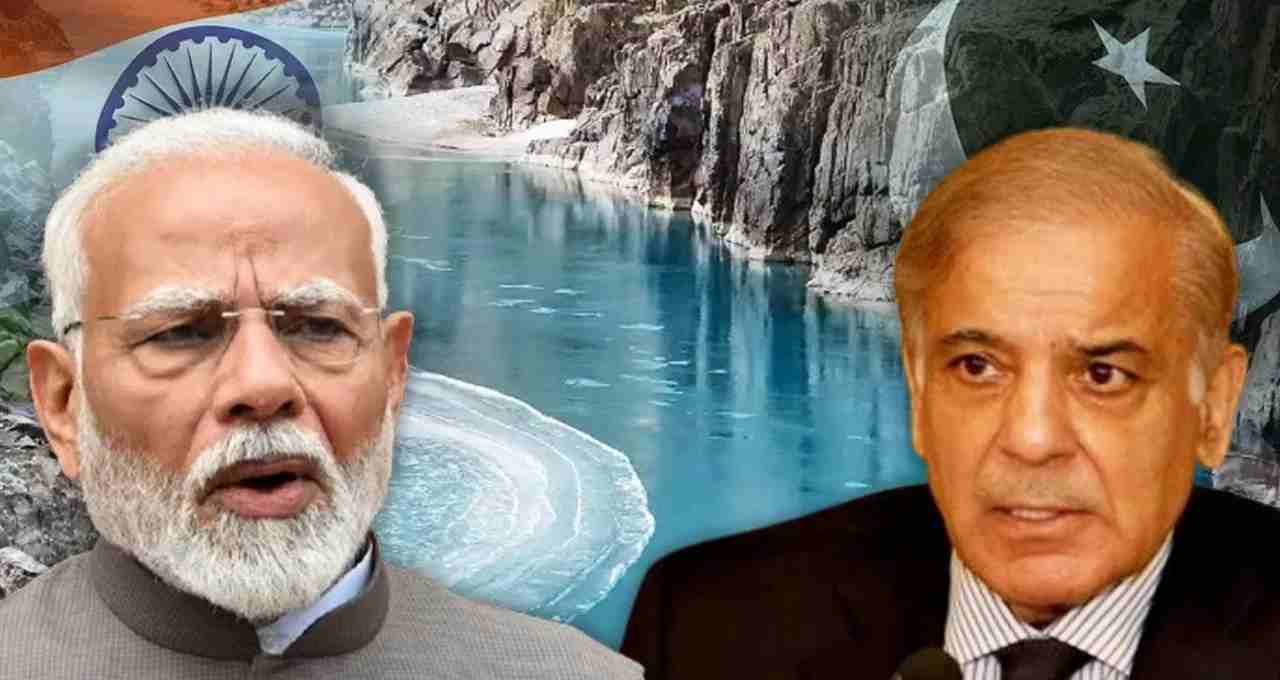
Indus Waters Treaty: History and Disputes
The Indus Waters Treaty was signed between India and Pakistan on September 19, 1960, under the mediation of the World Bank. Under this agreement, approximately 80 percent of the water from the Indus River system was given to Pakistan. This included major rivers like the Indus, Jhelum, and Chenab, whose water could have been used for irrigation and development in the arid regions of Punjab, Haryana, Rajasthan, and Gujarat in India.
Experts believe that if India had full control over these rivers, there could have been significant progress in agriculture, drinking water, and industrial infrastructure, and water disputes among the states would have also been reduced.
Questions Raised on Congress's Policies
According to writers and political analysts, this treaty was a major blunder of Congress's Nehruvian diplomacy. The treaty was discussed for only two hours in Parliament, during which many MPs bly opposed it. The young MP Atal Bihari Vajpayee then warned that accommodating Pakistan's unreasonable demands would not foster friendship. Many Congress MPs, such as Harish Chandra Mathur and Ashok Mehta, also raised serious objections to this agreement.
Despite this, the then Prime Minister Jawaharlal Nehru ignored the concerns of the opposition. Later, Nehru himself admitted that the expected results were not obtained from this treaty. The then President of Pakistan, Ayub Khan, also admitted that this agreement was not in Pakistan's favor, but India made this sacrifice due to its diplomatic compulsion.
Historic Step by the Modi Government
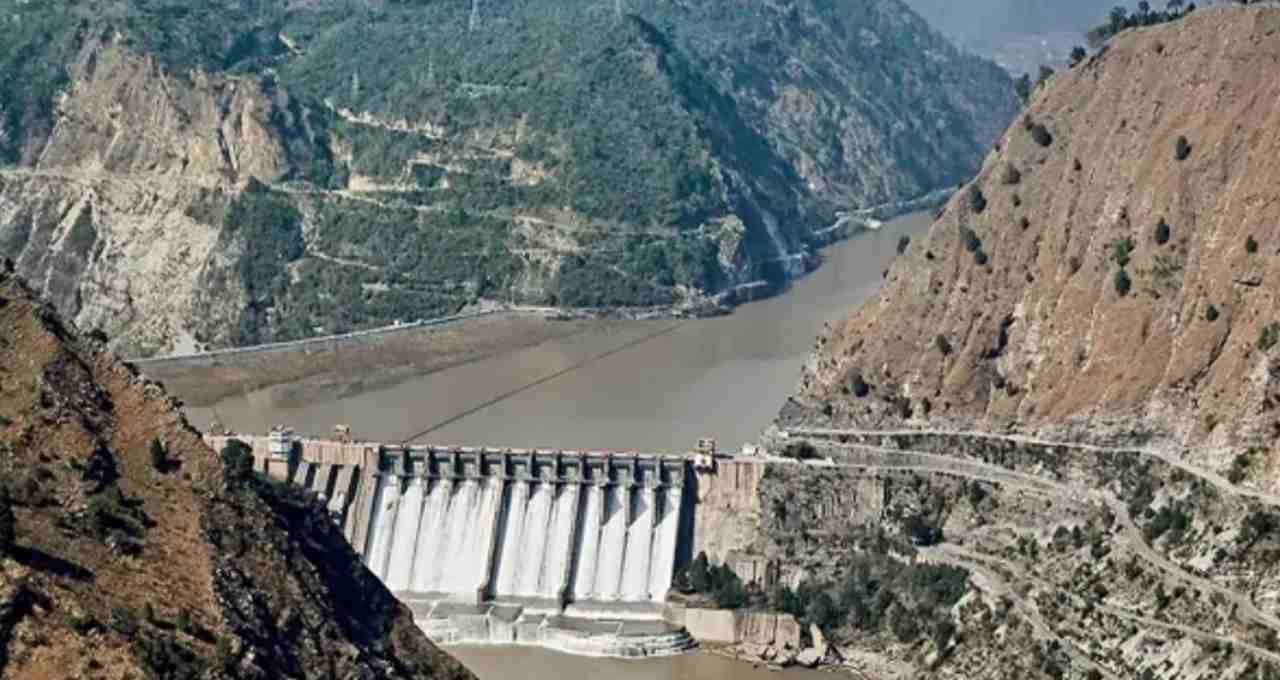
Now, under the leadership of Narendra Modi, India has attempted to rectify this historical mistake. The government has made it clear that the Indus Waters Treaty will not be implemented until Pakistan stops encouraging terrorism. This decision is important for India in many ways:
- Protection of the interests of farmers and citizens
- India's sovereign control over water resources
- Permanent solution to water issues in the states
- New direction to irrigation and industrial development
- New chapter of national security and water diplomacy
This step by the Modi government is not limited to water management alone. It is a symbol of national security, self-reliance, and sovereignty. India will now use the water from its rivers according to its needs. This decision also sends a message to Pakistan that India will no longer adopt any policy of appeasement. On both water and security issues, India now stands confidently and firmly on the global stage.
